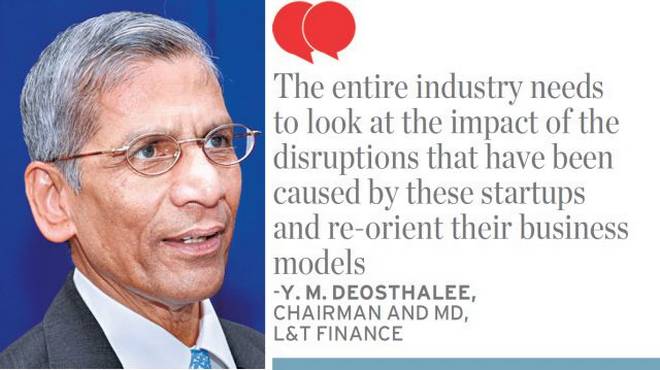The Y.M. Deosthalee committee was set up by RBI and had submitted its report in April, 2018. The major recommendations of this committee report are as follows:
-
RBI should set up a Public Credit Registry in due course and this should be backed by a legal framework. The central bank may also consider moving such registry to a separate non-profit entity.
-
PCR will work as a repository of all loan contracts, duly verified by reporting institutions for all / any lending in India, regardless of the amount of the loan.
-
PCR should also capture data such as external commercial borrowings, market borrowings, and all contingent liabilities; and should provide an holistic picture about the borrower’s indebtedness.
-
The registry should capture both positive and negative information about all loans. The borrowers should also be able to access their own history.
-
The PCR data should be available to all stakeholders such as banks on a need-to-know basis. There should be adequate safeguards on privacy protection.
-
Onus of data quality should be on reporting agencies and institutions and action should be taken against the institutions in case of any violations in rules.
-
The database should also be linked to defaulter databases such as those maintained by Export Credit Guarantee Corp. of India, GST network etc.

Action Taken:
The Reserve Bank of India (RBI) has announced that it will set up a Public Credit Registry (PCR) as a repository of information regarding loan information of individuals and corporate borrowers.